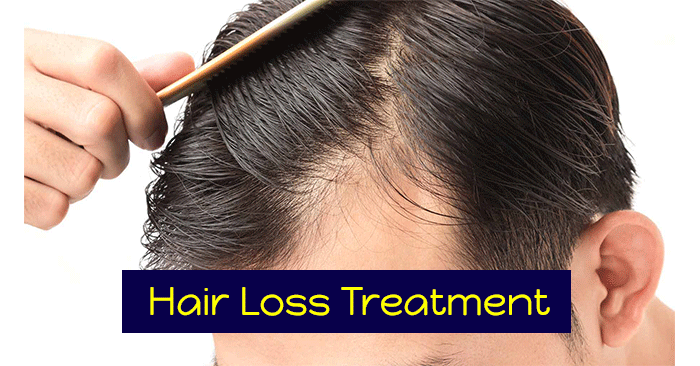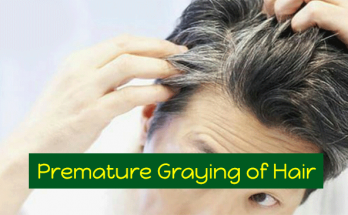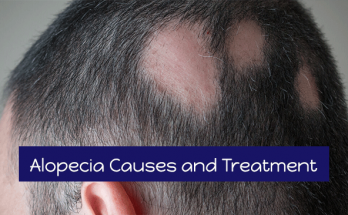Every person goes through the process of hair loss or shedding of hair. Scalp hair is prone to seasonal change, stress, external and internal factors, which can cause mild to severe hair fall in men and women. Hair fall is fine, as a person loses around fifty to a hundred strands of hair per day. This is considered normal. If more than 150 strands are lost per day, that may be a serious problem. Complete loss of hair, either in patches or full scalp baldness, is known as “Alopecia.”
CAUSES OF HAIR LOSS:
Stress: This is one of the most common causes of hair fall. Excessive stress can lead to severe hair loss and for as long as the stressor persists, this may become an irreversible problem
Nutritional Deficiency: Deficiency of Vitamin-D can lead to hair loss. If an individual does not have a balanced diet along with adequate UV ray exposure, he or she may be suffering from Vitamin D deficiency.
Autoimmune Disorder: Alopecia Areata is the medical term used for autoimmune hair loss. This occurs when auto-antibodies attack the hair follicles in the scalp, causing patchy or complete baldness.
Hormonal Imbalance: Testosterone and Estrogen are directly related to hair loss, where an increase in testosterone can cause hair fall while a decrease in estrogen causes hair fall in women. Physical states like pregnancy and menopause have decreased Estrogen levels, causing aggravated hair fall in females.
Read Also: How to Grow Longer and Thicker Hair with Natural Home Remedies
Hereditary Hair Loss: Some families tend to carry and pass on the genetic composition which accounts for hair loss, especially baldness in males.
Drugs: Drugs such as anti-epileptics, anti-hypertensives, and anti-depressants can cause hair loss. These include Valproic Acid, Phenytoin, Carbamazepine, Lithium, Retinoids, Beta-blockers, etc. Chemotherapeutic drugs can also lead to hair loss.
Infections: Untreated scalp infections can lead to permanent hair loss. These include folliculitis, ringworm, psoriasis, and mostly fungal infections.
WHAT SHOULD YOU DO?
Hair Loss is a serious condition and unless bald is the look you are excited about, it is ideal to make an appointment with a dermatologist as soon as possible. After taking a detailed history and performing a general physical examination on you, your dermatologist can easily diagnose your condition causing such excessive hair fall or hair loss. Your doctor will be able to best guide you regarding what you require to stop hair fall.
Hair Fall TREATMENT:
- Remove all possible stressors or stimuli causing trouble in your life.
- Get the proper antibiotic care and treatment for any sort of infections.
- Get adequate UV exposure to ensure you do not suffer from Vitamin D deficiency.
- Eat a balanced diet and do exercise regularly.
- Oil your hair regularly, to stimulate blood flow to the hair follicles.
- Visit your dermatologist to find out the cause of your hair loss and start its treatment immediately.
If hair fall and hair loss are not identified, checked and treated in time, there can be irreversible damage to the hair follicles, leaving the individual with permanent baldness. It is recommended to always be on the lookout for hair loss more than usual and if you feel it is getting out of control, ideally you should pay a visit to the dermatologist as soon as possible.




